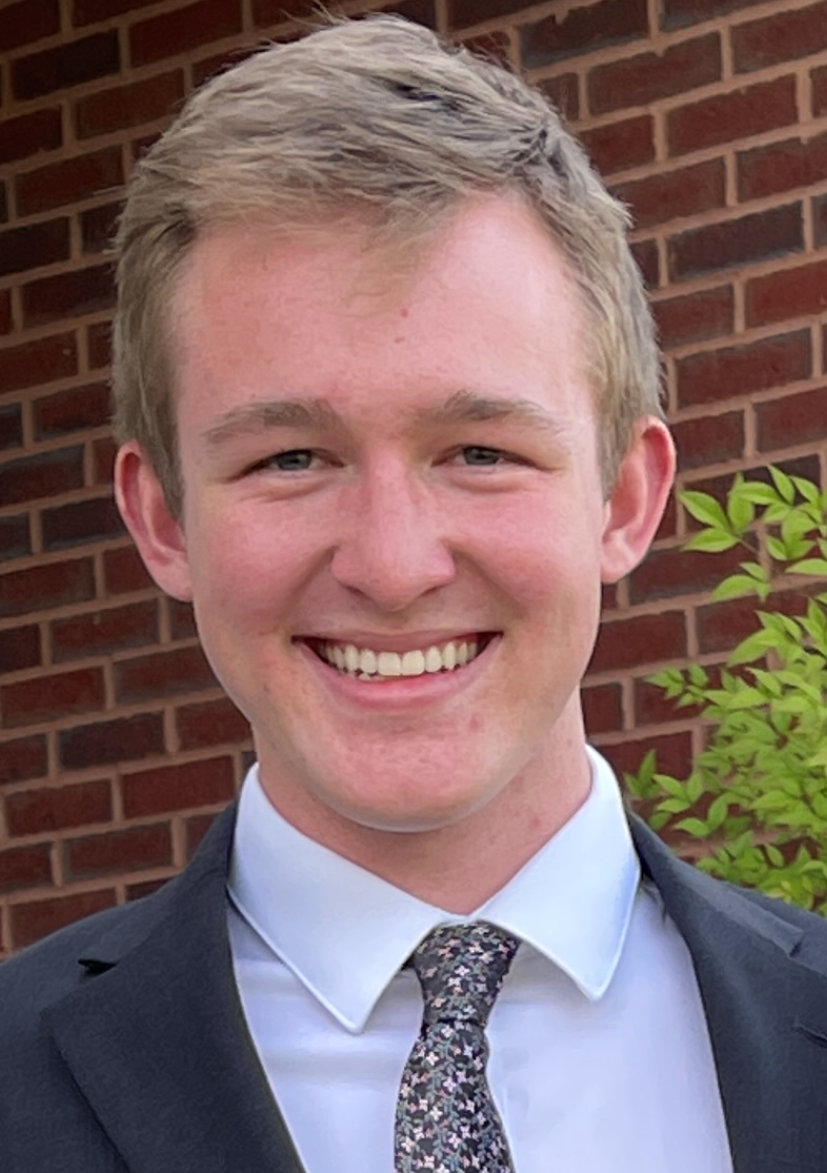Learning Assistant Program: February Newsletter
LA Faculty Spotlight: Dr. Yohannes Mehari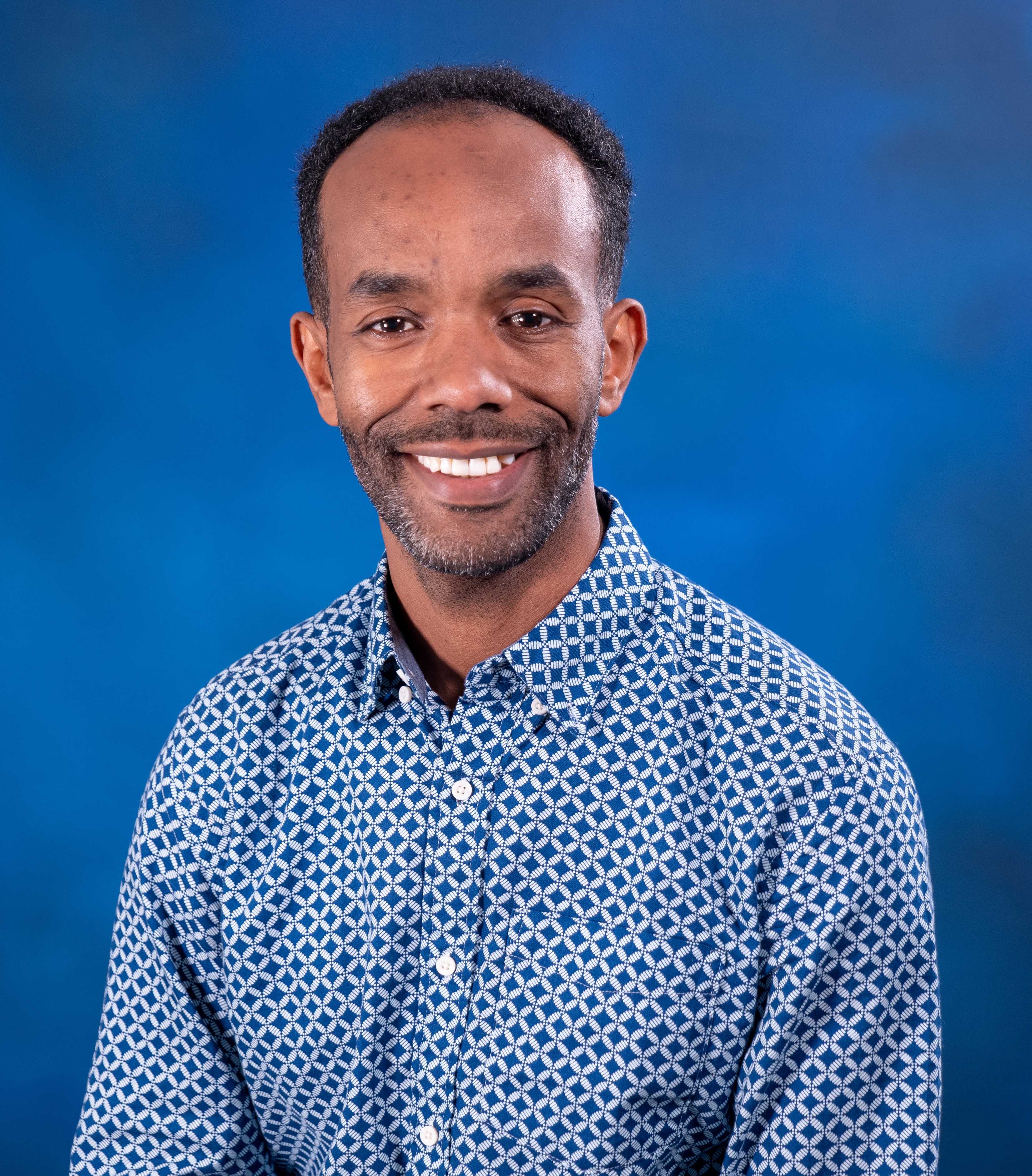
The Learning Assistant Program has the honor of working with numerous exemplary faculty and students here at Auburn University. As part of our new monthly newsletter, LAP would like to acknowledge the hard work and dedication offered by a few of our outstanding members. It is with great pleasure that we recognize Dr. Yohannes Mehari in the first installment of our Faculty Spotlight.
Before he began his teaching career 18 years ago, Dr. Mehari served as a learning assistant himself. He stuck around after class to answer questions from his fellow students and guided them through the labs of his science courses. He continued this path in graduate school as a teaching assistant before eventually beginning his career as a professor of microbiology. Dr. Mehari attributes his passion for teaching to the experience he earned as an LA.
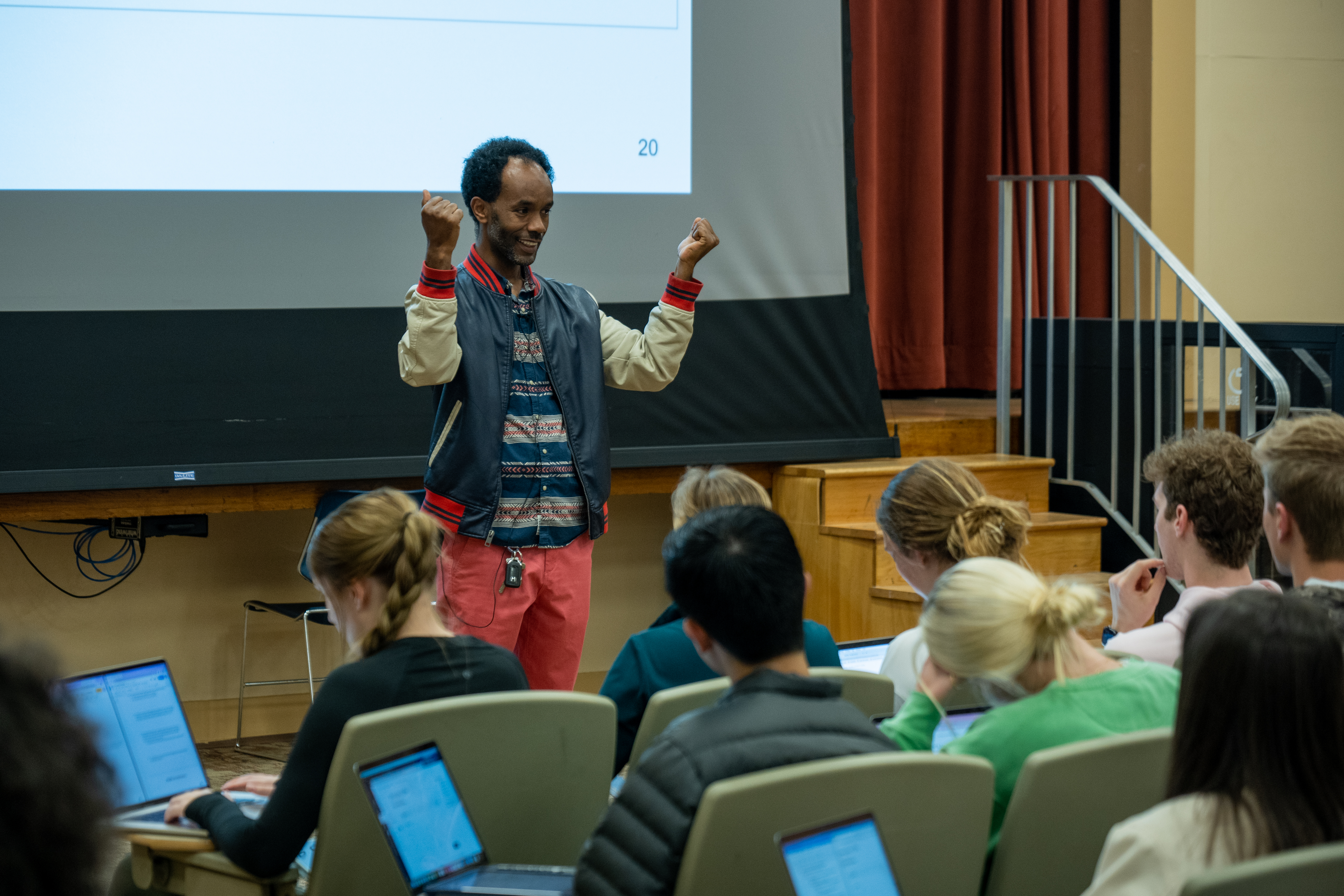
In the Spring of 2019, Dr. Mehari was introduced to the Learning Assistant Program. Already familiar with the benefits such programs offer, Dr. Mehari began implementing student LAs in his classes. For his large lecture classes, sometimes reaching nearly 300 students, Dr. Mehari could notice the disconnect between him and his students. In our interview with Dr. Mehari, he described his LAs as “lifesavers” as they “acted like a bridge” between him and his class. Dr. Mehari’s classroom environment encourages participation and active learning. Often he will lecture for less than half of class time before breaking his students into groups guided by himself and his LAs. By hiring anywhere from 5 to 10 LAs per class, teacher to student ratio changes from one professor for 300 students to one Learning Assistant per 30 students.
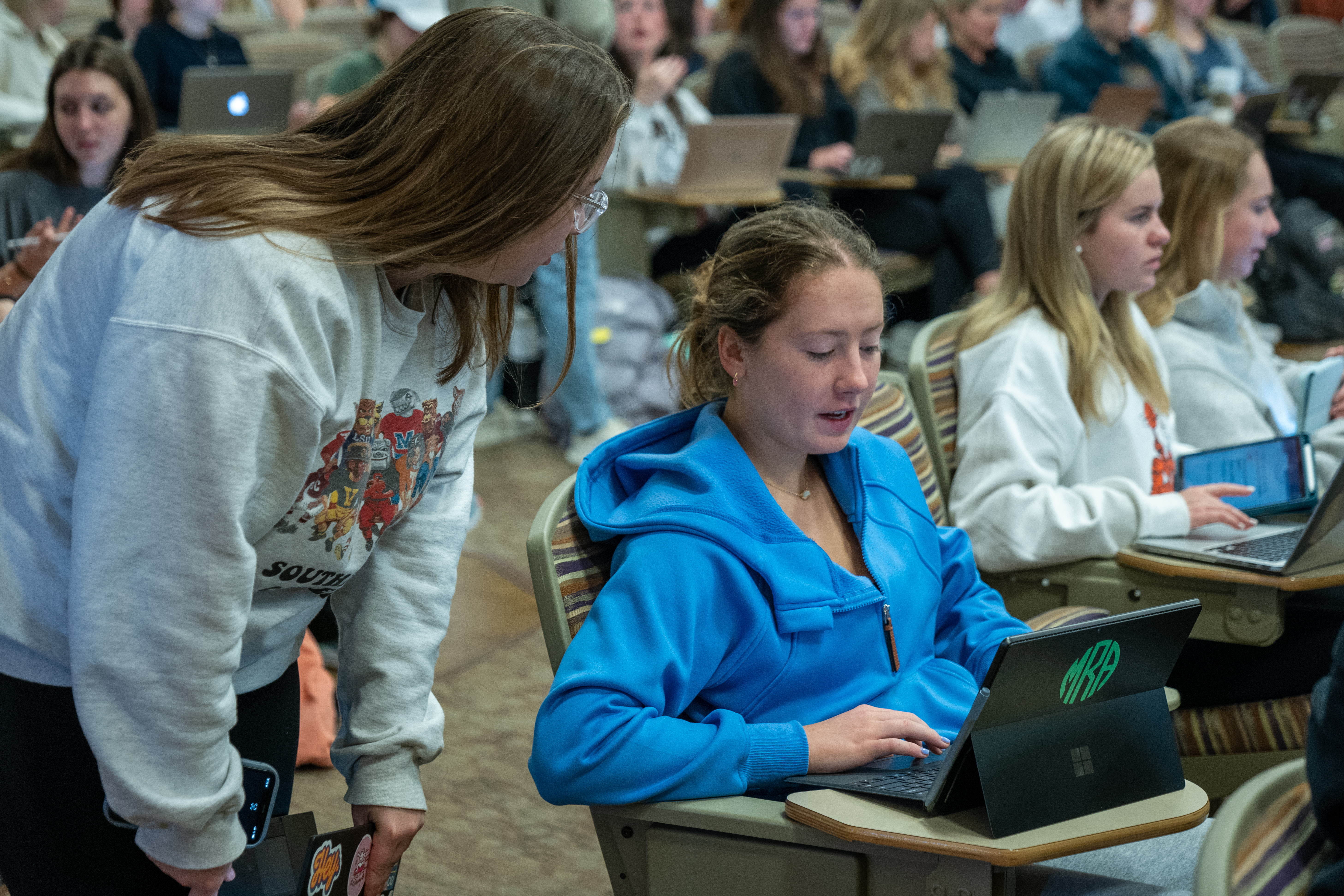
Throughout his time at Auburn, Dr. Mehari has hired 60-80 student Learning Assistants. Each LA is required to attend every class as well as hold office hours anywhere from three to seven hours per week. By encouraging his LAs to hold their office hours on different days throughout the week, Dr. Mehari creates what he calls “24/7 online customer service” for his students. Virtually anytime throughout the week, students that need support in his class have access to him or a Learning Assistant. He mentions how time as an LA serves as vital experience for those interested in K-12 teaching as well as an extra opportunity to engage with students and get paid while doing it.
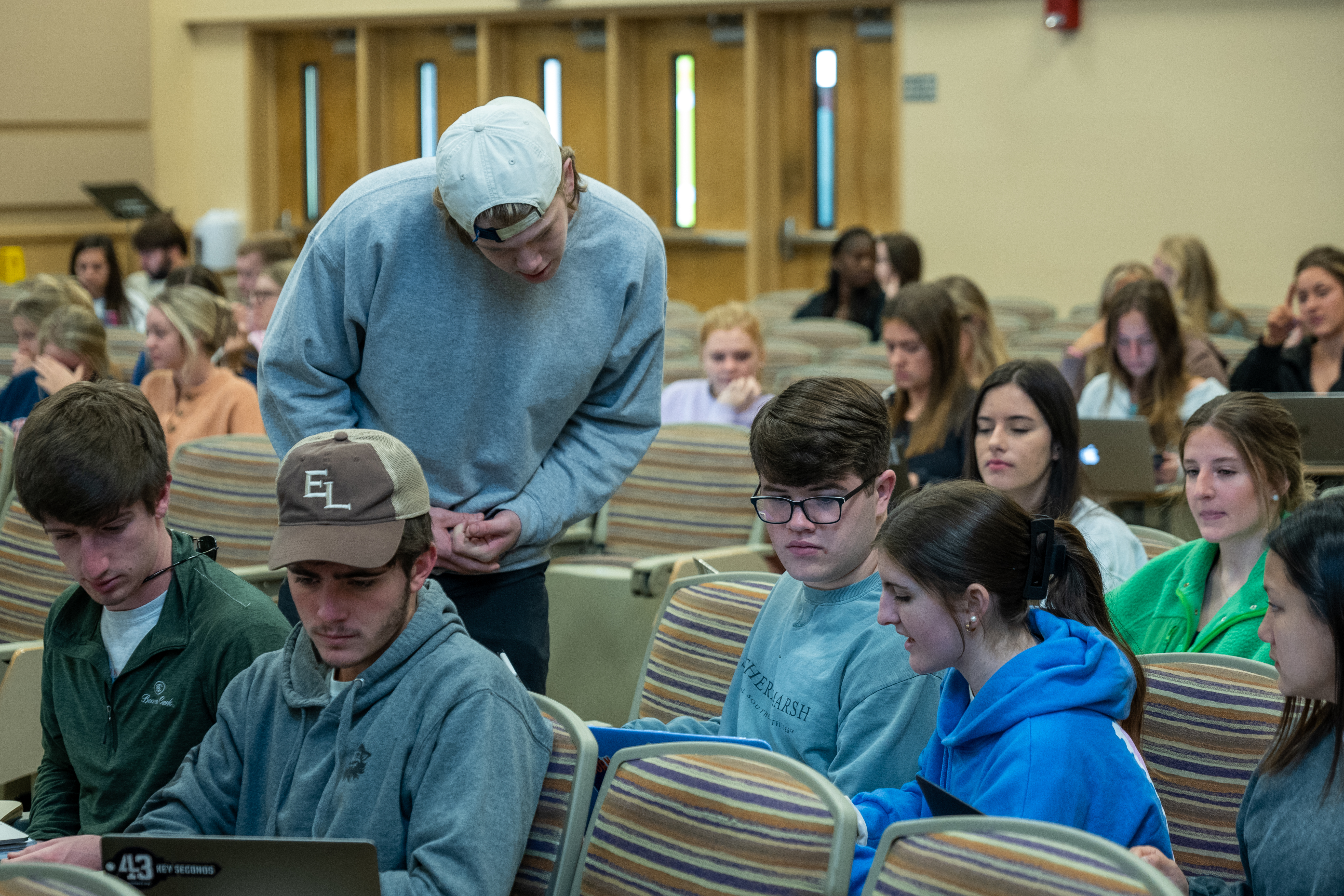
Dr. Mehari explains how student LAs can connect to their fellow students and can communicate to Dr. Mehari how they learn best and what topics might need additional explanation. He engages directly with his LAs and directs struggling students to work with assistants he thinks would best meet their individual needs. Dr. Mehari encourages other faculty to do the same; the constant availability and personal connection for students have shown their effectiveness over the years. Dr. Mehari recalls students attributing their success in the class to LAP, mentioning particular LAs by name in the course evaluation. After recommending a particular Learning Assistant, Dr. Mehari watched as a struggling student raised their grade two letter grades from the first test.
Overall, Dr. Mehari rates his experience with LAP as incredibly positive. He hopes the university continues to fund such programs as Dr. Mehari himself said, “I wouldn't be able to do a lot of the things I do in my class without LA.”
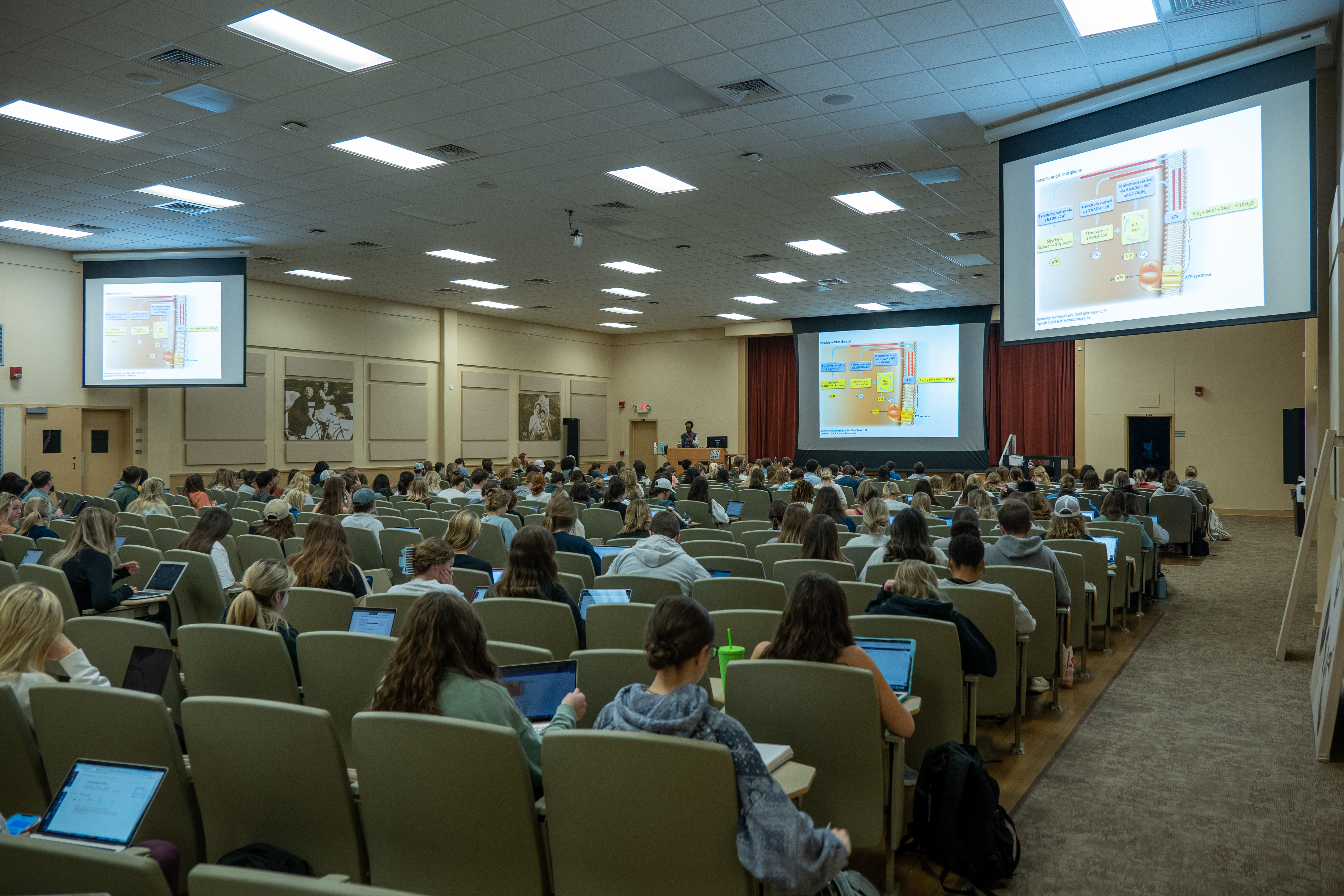
LA of the Month: Cullen Mills
In addition to our faculty spotlight, AULAP would like to recognize the work of our outstanding student Learning Assistants. This month, we had the honor of talking with Cullen Mills, a chemistry LA highly regarded among students and professors alike.
Cullen’s experience with the LA program began his freshman year in biology, an intimidating class for anyone especially freshman students at Auburn. After being introduced to student LAs, Cullen began working with a Learning Assistant named Ryan, someone Cullen would come to look up to that made his class experience approachable and fun. This positive exposure to the LA program inspired Cullen to become an LA himself.
Cullen works with Dr. Prado in her chemistry class as one of 8 LAs that move throughout the room providing individual assistance to a large class of over 200 students. With Dr. Prado’s flipped classroom style, in-class time provides the perfect opportunity for students to ask questions, a difficult responsibility for any individual professor alone to manage. Cullen explains how he’s there as a “bridge” to connect struggling students with the resources they need to learn best, be that guidance from himself or additional assistance from the professor.
Cullen values his work as an LA. He recalls students he has helped texting him with excitement over their test scores. He explains that many students often “beat themselves up” over chemistry and assume an A is an unattainable goal. Cullen emphasized how rewarding it is to work with these same students over the course of the semester as they develop their skills to succeed; Cullen celebrates the success of these students and loves when others do the same.
Cullen mentioned how fortunate he was to discover LAP. He says without it, he wouldn’t have a job on campus. He describes it as “getting paid to help people” and an opportunity to grow close to professors and learn even more about a subject he loves. In our talk with him, Cullen also emphasized the friends he’s made through LAP; in fact, Cullen is going on a trip with a friend he met through LAP this upcoming Spring break.
As a student who utilized LAs as well as an LA himself, Cullen has some advice for students curious about the Learning Assistant Program. For students in classes with Learning Assistants, he encourages them to engage with LAs. He says that LAs are fellow students who have taken the class before and sat in those same seats. He says that “we’re here to help” and reminds students hesitant to ask for assistance that there are “no stupid questions.”
For students interested in becoming LAs, Cullen encourages them to get close with their professors and be ready to learn. He says it “blows your mind how much you can still learn” even in a class you’ve taken before. He also reminds potential and current LAs that it is ok not to know every answer to a student’s question. He notes that LAs are there to serve as additional resources and guidance to the help students need- not an encyclopedia.
Toward the end of our talk, Cullen recalled a past student who found great success utilizing LAs incredibly excited to serve as an LA herself. Cullen thought back to his work with Ryan and how that experience encouraged him to join LAP as well. Going forward, Cullen encourages students to reach out to their LAs and explains that the relationships they build may one day lead them to serve as LAs themselves.
Faculty Application for LA support for Fall 2023 is Now Open!
The application deadline is March 17th
Student LA Application opens March 27th
The student application link will be available through next month's newsletter as well the AULAP website.
Reminder: Join us for LA Faculty Coffee and Chat Hours
LA Faculty Coffee and Chat Hours provide opportunities for colleagues to strengthen connections and collaborations within the LA community. All LA faculty and those who are new to but interested in learning or adopting the LA model are welcome to stop by for Q&A, experience sharing, and feedback.
Join us for an in-person or virtual discussion about the Auburn University Learning Assistant Program (AULAP). The Faculty Coffee and Chat Hours are held every second Monday of each month in the Biggio Coffee room - ACLC 259 (with coffee and massage chairs)
Monday March 13, 2023 2-3pm
Additional virtual coffee chat opens to support faculty Q&A during the hiring season:
Wednesday March 15, 2023 10-12pm
https://auburn.zoom.us/j/3334904900
For additional information specific to departments, please contact the departmental LA coordinators.
Chemistry:
Rachel Prado: jrp0089@auburn.edu
Dave Crisostomo: dac0056@auburn.edu
Physics:
Daniel Merrill: dam0040@auburn.edu
Melissa Halford: mrh0091@auburn.edu
Geosciences:
Adam Payne: aap0047@auburn.edu
John Fronimos: jaf0086@auburn.edu


